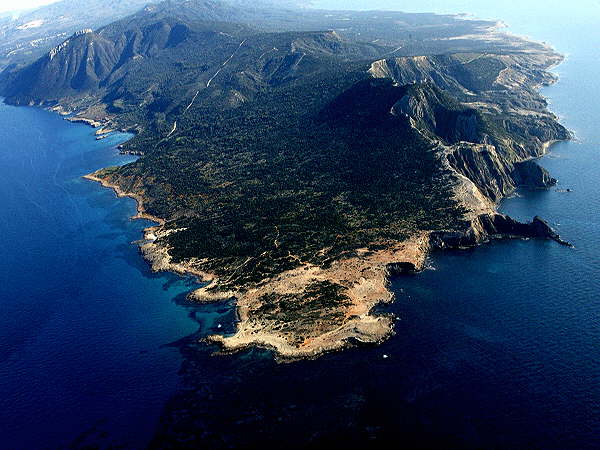Drafting four separate zoning and planning blueprints for the Akamas peninsula would have serious long-term and irreversible negative effects in the environmentally sensitive area, the federation of environmental organisations (Opok) said on Wednesday.
The preparation of two separate local plans for communities in the area and the simultaneous drafting of the Akamas sustainable growth plan, has led to the fragmentation of the zone and planning regime of the peninsula, Opok said in a statement.
The federation said the state was violating the principle of an integrated and comprehensive zone plan, as was provided in the 2016 cabinet decision.
None of the ongoing processes, the plan for the sustainable growth of Akamas, the local communities plan, and the Peyia plan, took into account the unique and homogeneous natural environment of the peninsula, Opok said.
Concerning the communities plan, all available data “proved beyond reasonable doubt and scientific reservations” that many of the proposed provisions and development zones will have a negative long-term and irreversible effects on the environment and nature.
“These effects are expected to be direct, indirect, synergistic, and cumulative,” Opok said.
In full contradiction of the 2016 cabinet decision, the plan on the sustainable development of the Akamas, neither examines nor recommends ways of a unified management of the entire area included in Natura 2000, as part of the island’s obligations stemming from European Union directives, Opok said.
Conservationists strongly oppose the government’s proposals for the area, which developers have been eyeing for decades.
They said development projects will increase pressure on the sensitive species and habitats of the area, will undermine sustainable development and completely change the area’s character.
Among the proposals was the construction of recreation pavilions and shops within the national park, which conservationists wondered how these would contribute to better management of the area. And how would shops support local communities, given that they will serve as competition to those within the villages.
Questions are also raised as to why the policy of isolated residences on the Akamas peninsula are being promoted, given the general consensus that island wide, this same policy has negative ramifications.







Click here to change your cookie preferences